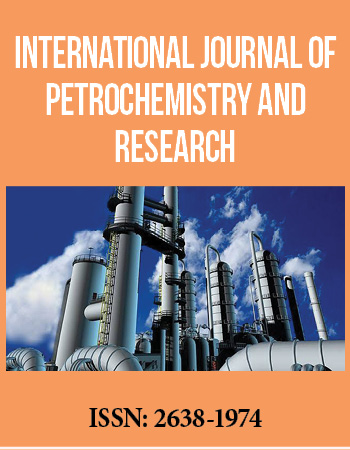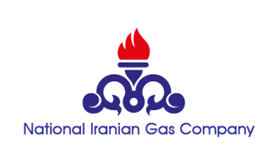2nd International Conference on Petrochemistry
April 25-27, 2018 Rome, Italy
Some New Approaches in Petrochemical Industries: from Methane to Carbon and Hydrogen and from Crude Oil to Chemicals
KAUST Catalysis Center and Physical Sciences and Engineering Division, King Abdullah University of Science and Technology, Saudi Arabia
The world evolution in petroleum and petrochemicals is changing rapidly. The demand for energy is increasing quite drastically but diversification of energy resources is a parameter that can no longer be ignored. Simultaneously the demand for chemicals (especially propylene, ethylene, and aromatics) is increasing even more rapidly.
In this context the only source of carbon is still crude oil and the best source of clean energy is natural gas decomposition products like hydrogen and C.
In this lecture we will present our recent results on two main topics that we have developed in the Kaust Catalysis Centre (KCC) in relation with ARAMCO and AIR LIQUIDE: from crude oil to olefins and from natural gas to carbon and hydrogen.
Biography:
Jean-Marie Basset is the Distinguished Professor for Chemical Science in the Physical Science and Engineering Division at King Abdullah University of Science & Technology. Prof Basset, who has authored more than 500 scientific papers 50 patents, pioneered the field of “Surface Organometallic Chemistry”, which focuses on possible relationships between homogeneous and heterogeneous catalysis. Professor Basset received his PhD in 1969 from the University of Lyon, France. After a postdoctoral position in Toronto he moved to the Institute of Catalysis in Lyon where he became vice-director. In 1987, he founded the Laboratory of Surface Organometallic Chemistry that became later the laboratory of Chemistry, Catalysis, Polymer, Process (C2P2). Professor Bassetʼs Lyon lab was home to 100 scientists, including Nobel Laureate Yves Chauvin who got his Nobel in 2005. In 2009 he moved to the King Abdulla University of Science and Technology in Saudi Arabia as director of the KAUST Catalysis Center.



